Infection and Immunity nieuws
Antibodies promising against Staphylococcus aureus infections
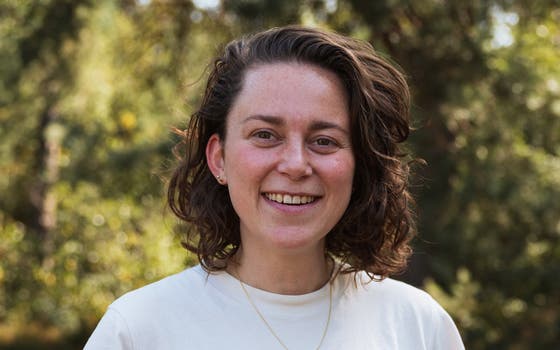
The opportunistic bacterium Staphylococcus aureus can easily develop resistance against antibiotics due to the formation of biofilm, where bacteria are surrounded by a self-made extracellular layer that prevents the antibiotic from reaching the bacterium. PhD research by Lisanne de Vor has shown that antibodies (coupled to specific enzymes) have the potential to degrade biofilm. If confirmed in clinical studies, this could result in development of antibody therapy that would make a resistant bacterium sensitive again for antibiotics.
Read moreNov 22: Prednisolone does not improve sense of smell after COVID-19
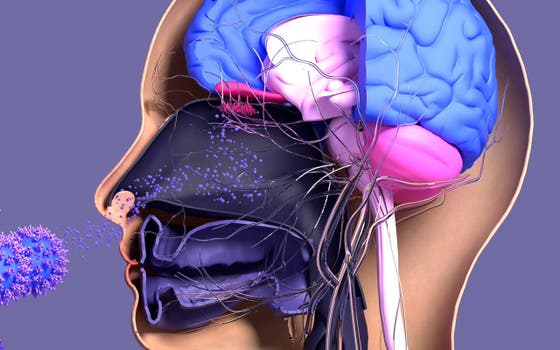
In a study executed by UMC Utrecht it was demonstrated that after prednisolone does not improve sense of smell after COVID-19. In addition, in most patients – irrespective of prednisolone use - sense of smell gradually improved over time. The authors recommend not to prescribe prednisolone for patients with persistent smell and/or taste disorders after COVID-19.
Read moreNov 21: The best antibiotic treatment for each sepsis patient
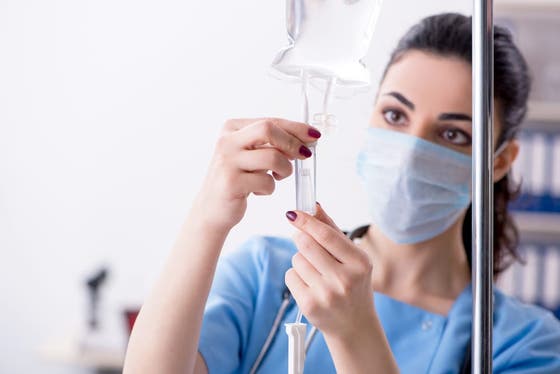
At UMC Utrecht, much scientific research is being conducted with the objective to prevent or reduce antibiotic resistance. In one of these studies, researchers are investigating which antibiotic treatment provides the best outcome in adults hospitalized with sepsis. This will allow this patient group in the future to receive the optimal antibiotic treatment based on sound scientific evidence. These results also contribute to a careful antibiotic policy that inhibits the development of antibiotic resistance.
Read moreNov 19: The gut microbiome is a reservoir for antimicrobial resistance genes
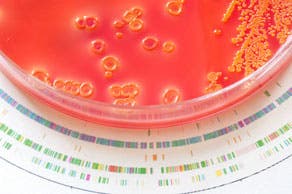
The gut microbiome forms a reservoir for opportunistic pathogens as well as for antimicrobial resistance genes. This finding is important because it offers a deeper insight in the dynamics and mechanism of antimicrobial resistance development. This project – supported by a grant from the Netherlands Centre for One Health - was performed by Paul Stege who defended his PhD thesis on November 9, 2022 at Utrecht University.
Read moreA solution is near for babies with RSV
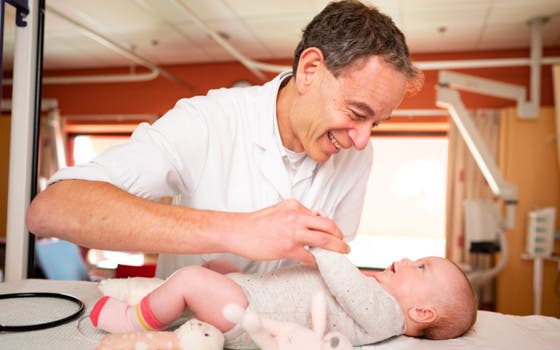
One in 56 healthy, full-term babies in Europe is hospitalised due to an infection with the Respiratory Syncytial Virus (RSV), according to a new study led by Prof Dr Louis Bont of UMC Utrecht.
Read moreNov 10: Improving HIV treatment monitoring in resource-limited settings
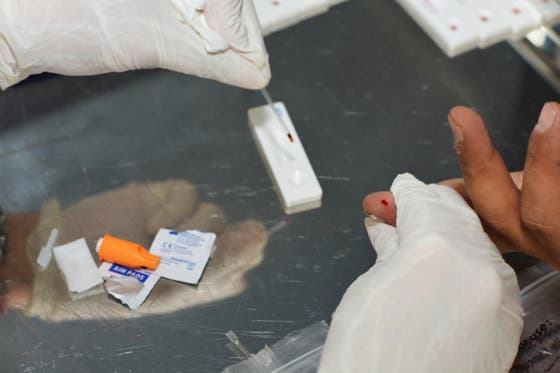
Therapy failure is a threat to the health of people living with HIV, especially in resource-limited settings. Initiatives to reduce treatment failure such as stricter cut-off points for viral suppression, better clinical follow-up and improved HIV therapy monitoring can greatly reduce therapy failure. These are the main take-aways by Lucas Hermans from UMC Utrecht in his PhD thesis that he will defend on November 15, 2022.
Read moreNov 2: Alterations of dendritic cells and monocytes contribute to disease process in Sjögren Syndrome
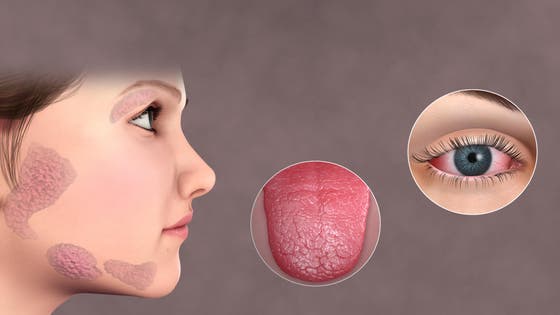
A population of rare immune cells (type 2 conventional dendritic cells) are altered in Sjögren patients as well as in non-Sjögren sicca patients, and they have an important contribution to the disease. In addition, it was found that monocytes are affected and reshaped by the disease environment. These are the main findings of the PhD research by Ana Pinheiro Lopes at UMC Utrecht who defended her thesis on November 1, 2022.
Read moreOct 13: 'Science is due for a Great Reset'
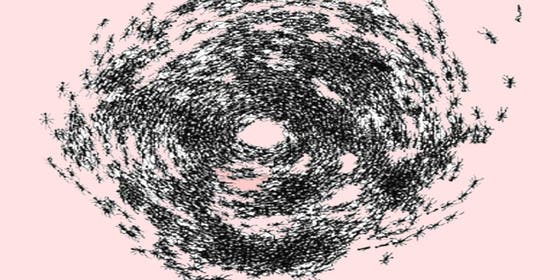
Young scientists are increasingly opting for careers in industry and are increasingly abandoning scientific research institutions. This is because funding agencies and employers are steering on the wrong indicators, and that needs to change, UMC Utrecht immunology professor Femke van Wijk argued in her inaugural lecture on Wednesday, Oct. 12. She called on colleagues to remain aware of the goals and values that unite scientific researchers.
Read moreOct 5: International food allergy research consortium kicks off
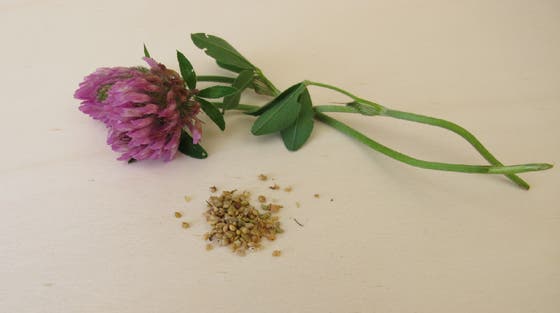
The ALLPreT project, an international research consortium to develop new approaches, tools, and assays that enable the safe introduction of novel foods, has now kicked off. ALLPreT has the objective of protecting humans from unacceptable food allergy risks. The consortium brings together 9 academic and 15 associated partners - including industry partners - from across Europe and the United States. It offers a unique opportunity to excellent early stage researchers to gain experience and skills with 10 new PhD-positions within a world class consortium.
Read moreSep 21: Research grant awarded to UMC Utrecht for microbiota-boosted cancer therapy
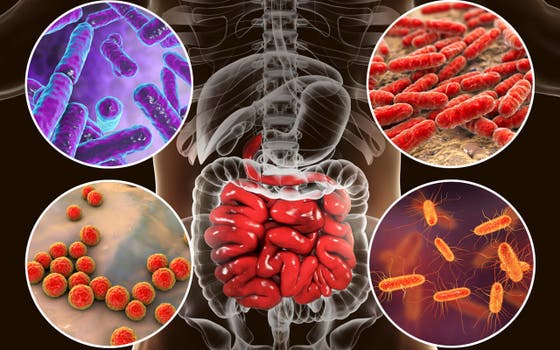
Health~Holland has awarded close to € 800,000 to a public-private partnership between UMC Utrecht, Artizan Biosciences, Inc. (USA) and MicroViable Therapeutics (Spain) to unravel how the intestinal microbiota can be exploited to boost cancer immunotherapy and limit therapy side-effects. The project will be headed by Marcel de Zoete, PhD of the Department of Medical Microbiology at UMC Utrecht.
Read more